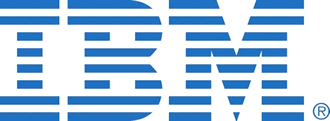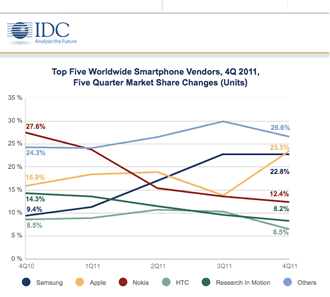 HP has announced what it calls the first enterprise class software-defined networking (SDN) open ecosystem, with the HP SDN Developer Kit (SDK) and the HP SDN App Store.
HP has announced what it calls the first enterprise class software-defined networking (SDN) open ecosystem, with the HP SDN Developer Kit (SDK) and the HP SDN App Store.
HP boasts the emergence of SDN should do away with fiddling around with legacy network gear and epic customisation projects, instead automating network operations. But an open SDN ecosystem, HP argues, will encourage collobration and innovation to improve the technology, compared to closed, proprietary SDN.
The HP SDN dev kit is up for grabs in November this year, and includes all the necessary stuff for building SDN apps. HP hopes this will bolster its position in the market as well as complement support services. On the app store, customers can browse, search, buy and download SDN apps onto their virtual application networks SDN controller.
HP partners and indie software developers will be able to develop, simulate and validate enterprise level SDN apps to then sell on HP’s app store. Developers will have access to API documentation, developer guides and sample code, as well as the ability to test app functionality and interoperability that can simulate user conditions, using the SDN sim suite and HP SDN Virtual Lab.
Partners registered for HP SDN developer kit include Citrix, F5, Infoblox, Intel, Microsoft, Mitel, Riverbed, Shoretel, Samsung, SAP, Tech Mahindra, VMware, Websense, and more.
The company wheeled out IDC network infrastructure veep Rohit Mehra, who pointed out it will be the apps that will bring SDN technology to the forefront of mainstream networking.
“The catch 22 is that to innovate through applications requires a large investment in infrastructure to develope, which becomes prohibitive,” Mehra said. “The advent of an SDN app store and developer kit makes this an accessible alternative for developers”.
Clearly there is value for HP, too, which has a wide range of products and software that fit in with SDN. In addition, the company added OpenFlow support to 10 new routers in HP FlexNetwork.
SDN certification will be available December 2013, while the SDN app store should be ready in the first half of 2014, along with apps services and support, and services and support for HP OpenFlow. Developer support is available in November this year.
As part of the HP ExpertOne program, those interested in learning more can sign up to the cheerily named “SDN Learning Journey” course.
Senior veep and GM for networking at HP, Bethany Mayer, said the networking industry should leap on the disruptions offered by SDN.
“HP has created the industry’s most comprehensive SDN product portfolio as well as an open SDN ecosystem, which offers an environment for enterprises and partners to rapidly tune the network to their business and application needs,” Mayer said.
 A number of staff at Dell were offered voluntary redundancy, it has emerged.
A number of staff at Dell were offered voluntary redundancy, it has emerged.











